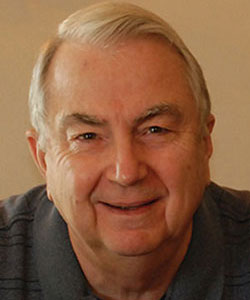
To be in the world and of the world is to live as a victim of the changing tides of worldly fortune. We live as if we are a puppet with a hundred strings attached to us, each pulled by the whims of the capricious world in which we live. Some Buddhist traditions refer to these forces as the worldly dharmas: pleasure and pain, loss and gain, fame and shame, praise and blame.
To be not of the world and not in it is to live like a hermit or a monastic. The Buddha’s teachings were primarily to those who were monastics. However, the timeless wisdom of the Buddhadharma is applicable to anyone, anywhere, anytime. We in the modern West are learning how to apply the teachings to life in a materialistic, fast-changing, crisis-driven culture.
To be in the world but not of the world is to live fully in the world and to live freely in it, to be free from the suffering caused by any attachment to the vagaries of this world.
By diligent and sustained practice of the dharma we can learn to live fully and passionately in the world, and be free of attachment to the results of our actions.
To us lies the task of applying ancient wisdom to the modern times. Some have referred to Western Buddhism as the Fourth Turning of the dharmic wheel (The first three being the rising of the Theravada, Mahayana, and Vajrayana teachings.) This is a pivotal time in the history of the dharma as well as a pivotal time in our western culture. It is a time of crisis: a time of great danger and a time of great opportunity.
In Japan there exists a traditional saying that says, “If you want a small enlightenment, go to the monastery; if you want a big enlightenment, go to the city.” And I would add, “If you want a grand whopper of an enlightenment, practice “being in the world but not of it” in the twenty-first century West!
Robert Brumet leads the Unity Sangha in the Kansas City area and offers meditation retreats throughout North America. He will be leading a residential New Year retreat in Leavenworth, Kansas December 28, 2019 – January 1, 2020.